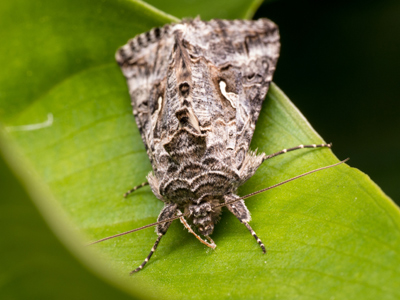
Biology - Evolution
This Biology quiz is called 'Biology - Evolution' and it has been written by teachers to help you if you are studying the subject at high school. Playing educational quizzes is a user-friendly way to learn if you are in the 9th or 10th grade - aged 14 to 16.
It costs only $12.50 per month to play this quiz and over 3,500 others that help you with your school work. You can subscribe on the page at Join Us
High school science looks at evolution in depth. There are several aspects to this, such as competition and variation. This quiz looks at Charles Darwin's theory of evolution and the process of natural selection in particular.
Particular genes or accidental changes in the genes of plants or animals may give them characteristics which enable them to survive better. Over time this may result in entirely new species. There are different theories of evolution but Charles Darwin’s theory is the most widely accepted. His theory is based on natural selection or "survival of the fittest".
Variation of individuals of a species occurs naturally - variation makes you different from everyone else. If variation gives an animal an advantage in the wild, it is likely to live longer and have more offspring. It is likely that the variation is passed on to the offspring, making them more successful. Bad variations will mean that the individual is less successful and could even die so the individuals who are best adapted to the environment will survive. So as this carries on over a period of millions of years, animals and plants will slowly evolve through the process of natural selection.
Jean-Baptiste Lamarck suggested that evolution happened because of use and disuse. A characteristic which is used more by an organism becomes bigger and stronger, and one that is not used eventually disappears. Any feature of an organism that is improved through use is passed to its offspring. An example of this is the neck of a giraffe. He thought that early giraffes had short necks and as they used them to reach as high as possible they stretched. He thought that this stretched neck would then be inherited by the next generation of giraffes and so on.
Ready for more?
not all...
quizzers. Try to win a coveted spot on our Hall of Fame Page.







